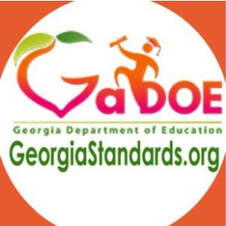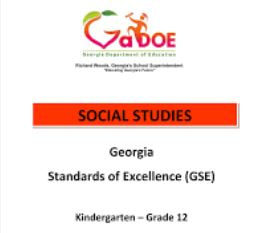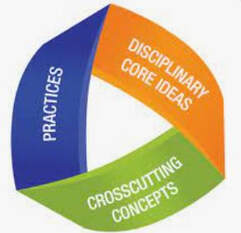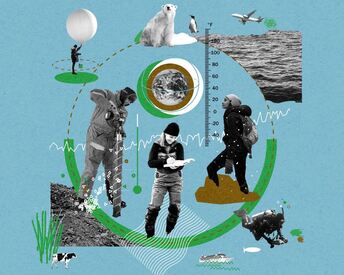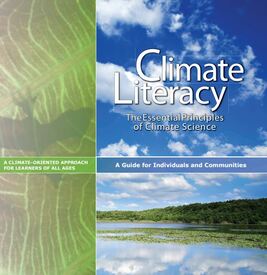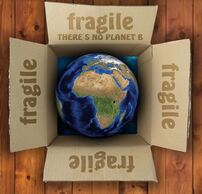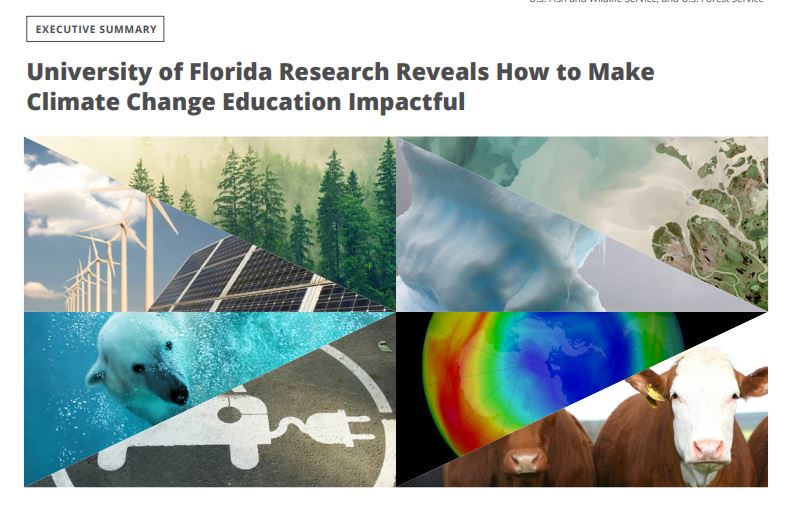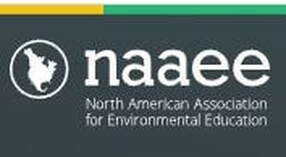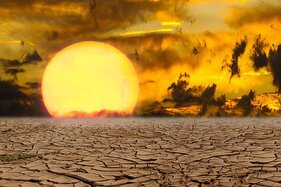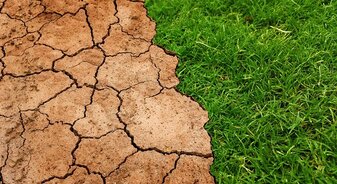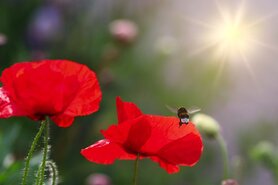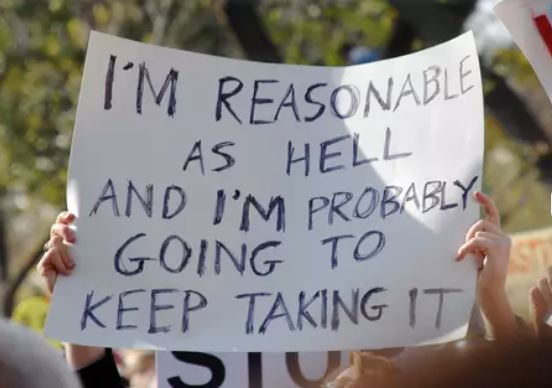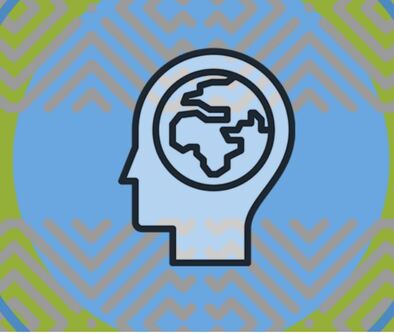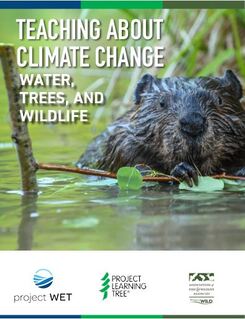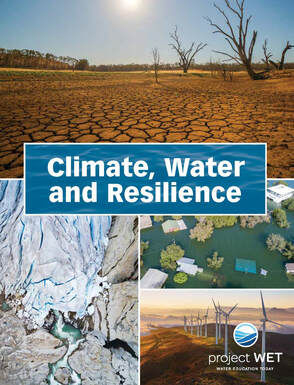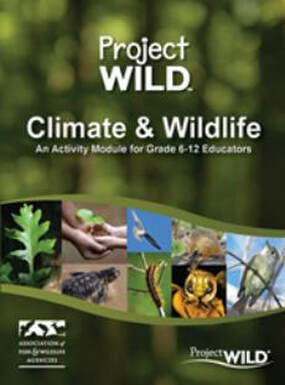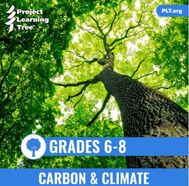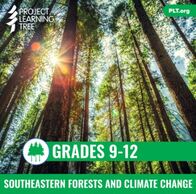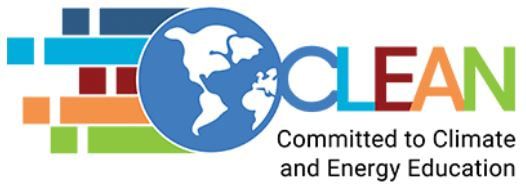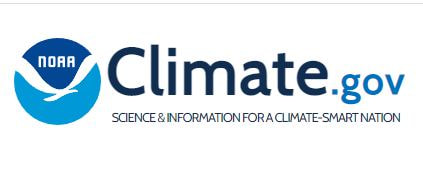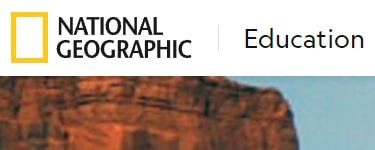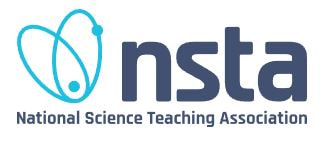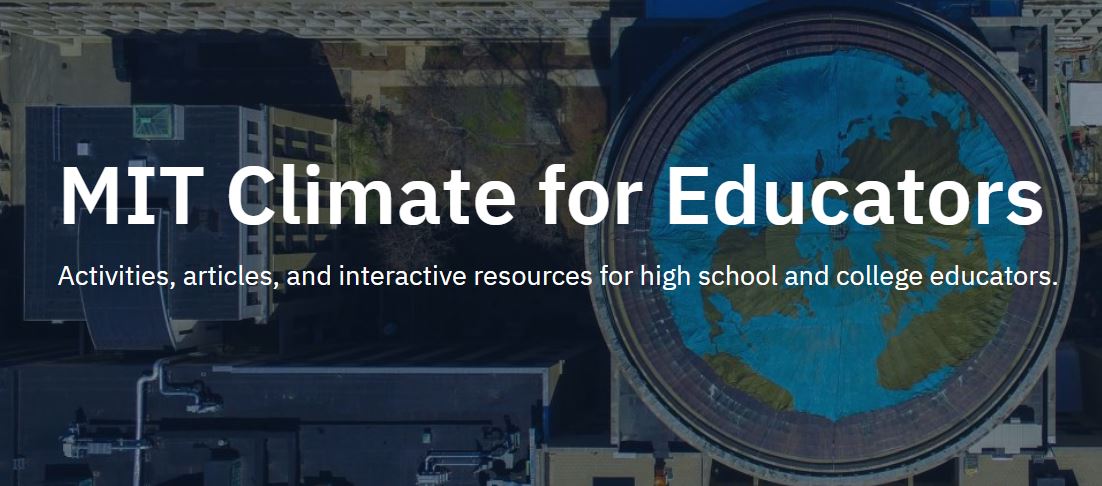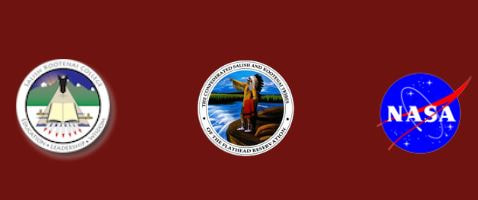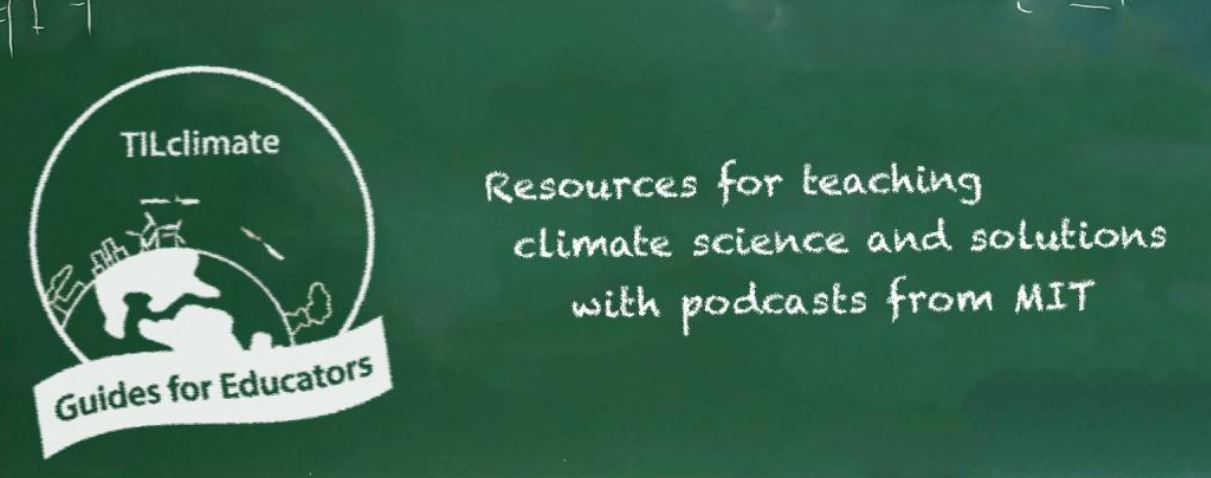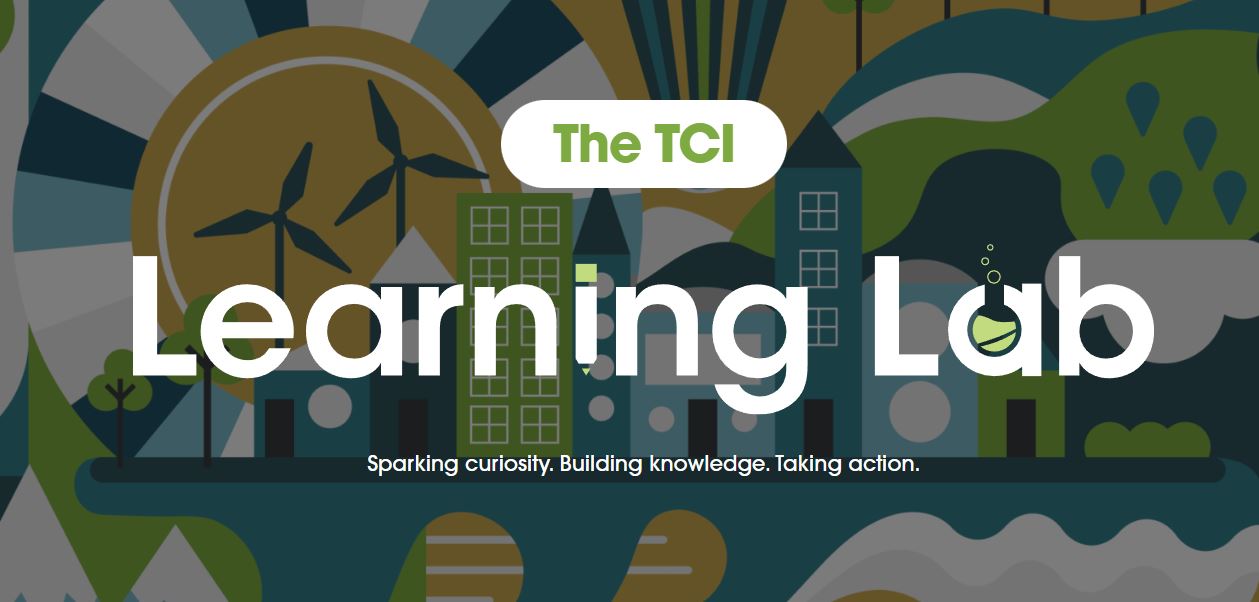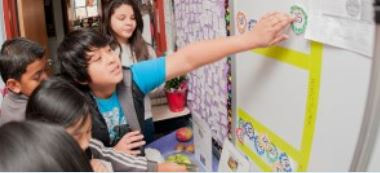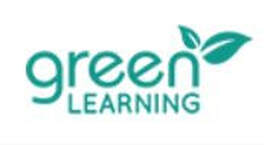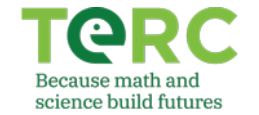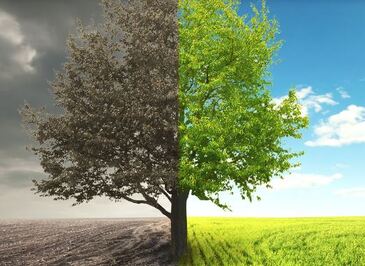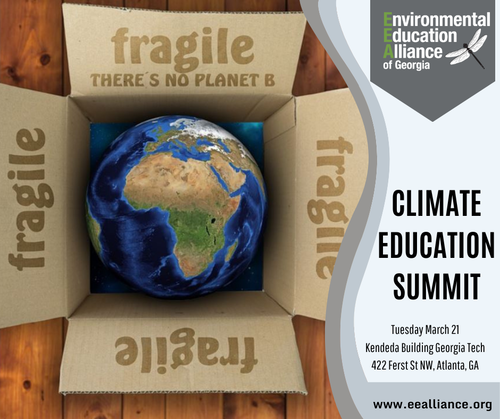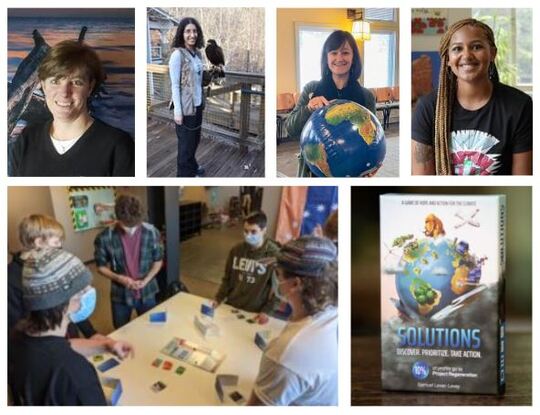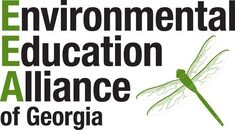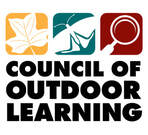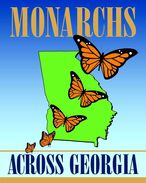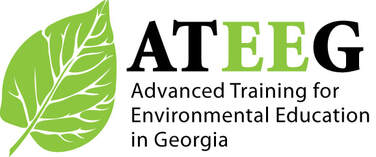Environmental Education Alliance of Georgia
- Our Story
- Our Team
- Our Events
-
Our Resources
- Wildlife Viewing
- Earth Month Activities
- Garden-based Learning
- EcoEngineering Challenges
- Community (Citizen) Science
- Phenomenon-Based Learning
- Problem-Based Learning
- Place-Based Learning
- Project-Based Learning
- Teaching about Climate Change
- Teaching about EJ
- Zero Waste Heroes
- SAGES Project
- Virtual EE Resources
- Environmental Clubs
- Evaluation and Assessment
-
Our Work
- Our News
- Our Impact
- JOIN or GIVE
- Member Portal
- Contact Us
- Outdoor Learning Store
- PassTick2023-4
- Annual Report
- New Page
- Past 2022 EEA Conference
- Past EEA Board 2021-22
- Past 2022 conferenceoverview
- Non-clickable Page
- New Page
- EEA Guest Blog
- Our Story
- Our Team
- Our Events
-
Our Resources
- Wildlife Viewing
- Earth Month Activities
- Garden-based Learning
- EcoEngineering Challenges
- Community (Citizen) Science
- Phenomenon-Based Learning
- Problem-Based Learning
- Place-Based Learning
- Project-Based Learning
- Teaching about Climate Change
- Teaching about EJ
- Zero Waste Heroes
- SAGES Project
- Virtual EE Resources
- Environmental Clubs
- Evaluation and Assessment
-
Our Work
- Our News
- Our Impact
- JOIN or GIVE
- Member Portal
- Contact Us
- Outdoor Learning Store
- PassTick2023-4
- Annual Report
- New Page
- Past 2022 EEA Conference
- Past EEA Board 2021-22
- Past 2022 conferenceoverview
- Non-clickable Page
- New Page
- EEA Guest Blog
PREPARING TO TEACH ABOUT CLIMATE
Teaching about climate change can be a daunting proposition. Check out this curated collection of resources for tips on how to brush up on content knowledge, understand the research on effective teaching practices, and explore exemplary lessons and activities. A set of buttons at the bottom of the page lead to additional resources.
CURRICULUM STANDARDS
Climate Change Connections in the Educational Standards
|
Where are the Climate Change connections in GA Standards of Excellence in Science?
|
Where are the Climate Change connections in GA Standards in Social Studies?
|
Where are the Climate Change connections in the Next Generation Science Standards?
|
BACKGROUND CONTENT INFORMATION FOR EDUCATORS
Brushing Up on the Science of Climate Change
Most educators never studied climate change in high school or college. Even those who did, may need a refresher. Here are clear and succinct resources for a complete crash course or quick reference.
|
Science of Climate Change: Facts, Evidence, & Proof
by Julia Rosen, PhD for New York Times Find scientifically accurate answers to the big questions such as "How do we know whether climate change is happening?", "Isn't climate change part of the planet's natural heating and cooling cycles?", "What is the evidence that humans are contributing to climate change?", and "How can we know for certain what the climate was like before historic records?" |
Climate Literacy: Essential Principles of Climate Science
by USGCRP This interagency guide provides essential principles for formal and informal education about climate change including Earth's climate, impacts of climate change, and approaches for adapting and mitigating change. Principles can serve as discussion starters or launching points for scientific inquiry. and serve educators who teach climate science as part of their science curricula. Free download. |
|
|
What Educators Should Know
by Purdue University Professors Daniel P Shepardson and Andrew S. Hirsch from American Educator / Winter 2019-20 |
Kids and Climate ChangeA Climate Change Guide for Kids and What We Can Do About It
by Julia Rosen, PhD (New York Times) |
CLIMATE EDUCATION RESEARCH
Findings from Educational Research Translated into Teaching Practices
Teaching Climate to Make an Impact
|
The State of Climate Education
|
Latest Survey on Teaching Climate
|
TEACHING PRACTICES & INSTRUCTIONAL STRATEGIES
STEM Practice Briefs: 3 Key Strategies for Teaching about Climate Change
|
1. Dig Deeply Into the Science
Students deserve to have a scientific understanding of climate change based on observing and examining lines of evidence. Although standards may fragment climate change concepts, an interdisciplinary approach and systems thinking is needed. |
2. Explore Disproportionate Impacts
Climate change impacts some communities more than others. Use local phenomena to study disproportionate impacts and to examine why vulnerable populations are affected. Also, see Strategies for Teaching Climate Change Equitably and Inclusively, below. |
3. Focus on Solutions and Resilience
Teaching students about climate change in isolation can contribute to eco-anxieties and disengagement. But teaching climate change in combination with environmental stewardship opportunities improves both student well-being and environmental outcomes. |
SPECIAL CHALLENGES
|
Teaching amidst Controversy
Strong opinions about climate change can make this a difficult topic to teach. EEA recommends an evidence-based approach that empowers students to explore the data. For tips on teaching amidst controversy, click below
|
Teaching amidst Climate Anxiety
Climate-anxiety is a result of learning about the impacts of climate change while feeling helpless to affect the outcomes. Engaging students in climate mitigation and climate resilience projects can alleviate anxiety and empower them to make a difference.
|
LESSON RESOURCES
Teaching Climate Change . . .
with existing Project WET, Project Wild, Project LearningTree activities
|
Are you already a Project WET-, Project Wild- or Project Learning Tree-certified Educator? If so, you have some climate change education tools at your fingertips. Here is the climate change correlation that shows all relevant, existing activities in the three curriculum guides (with links to a few bonus activities that anyone can access). |
with new Project WET, Project WILD and Project LearningTree Climate Curricula
|
Project WET's
Climate Water and Resilience Completion of a Climate, Water and Resilience workshop is required to obtain the curriculum guide. Online training and the curriculum are available together for $20 here. Sample lessons from "Climate Water and Resilience" are available here. "Using Project WET to Teach Climate Resilience" pdf free here.
|
Project WILD's
Climate & Wildlife |
CLIMATE EDUCATION CURRICULUM RESOURCE HUBS
|
NOAA Climate Education and Climate Teaching Toolbox and Climate Literacy Principles
https://www.noaa.gov/climate-education https://www.climate.gov/teaching/toolbox https://www.climate.gov/teaching/climate |
|
NASA Climate Kids and Jet Propulsion Lab Climate Change Lessons
climatekids.nasa.gov/ https://www.jpl.nasa.gov/edu/teach/tag/search/Climate+Change |
|
National Geographic Climate Education Library
https://education.nationalgeographic.org/resource/resource-library-climate/ |
|
Purdue University's 'Dynamics of Climate' Educator Toolkit and companion materials
https://ag.purdue.edu/climate/for-k-12-teachers/ |
|
MIT "Subject to Climate" Lessons, PL & Explainers for K-12 Educators- MIT Climate Portal
https://climate.mit.edu/educators |
|
Salish Kootenai College's 'Living Landscapes' Culture and Climate Science Labs
https://www.skclivinglandscapes.org/alaska_arctic/Labs_Teachers_Tools/ |
|
United Nations What is Climate Change?
https://www.un.org/en/climatechange/what-is-climate-change |
|
The Climate Initiative's Learning Lab
https://www.theclimateinitiative.org/learninglab/ |
Yale Climate Connectionshttps://yaleclimateconnections.org/
|
Green Learning's Decoding Carbon ChallengeGreen Learning Canada offers a variety of environmental science lessons including these lessons on Climate Change
Decoding Carbon Challenge to propose a national climate policy eco360 Challenge to reduce plastic waste |
|
SERC / TERC Earth Labs on Climate and the Biosphere
https://serc.carleton.edu/eslabs/weather/lab_overviews.html |
QUICK-START PROJECTS for Student-Directed Action
PROFESSIONAL LEARNING
Climate Education Summit
Tuesday March 21st 2023 in Atlanta
EEA's Climate Education Summit is a 'basecamp' for teachers and non-formal educators, offering the following to attendees:
- Project WET's "Climate, Water and Resilience" training
- Project Wild's "Climate and Wildlife" training
- Project Learning Tree's "Carbon and Climate" and "Southeastern Forests and Climate" training
- Solutions! game: training based on simulating Project Drawdown solutions, including an educator version of the game
- Community Science Projects related to climate and phenology
- Climate Action for students through the Planeteer Alliance
|
Environmental Education Alliance, Inc.
P.O. Box 801066 | Acworth, GA 30101 EEA does not does not discriminate on the basis of race, color, national origin, sex, age, or disability in its program , activities, or employment. For more information on EEA's non-discrimination commitment click here . Grievance officer may be contacted at [email protected] |
Proudly powered by Weebly
|
